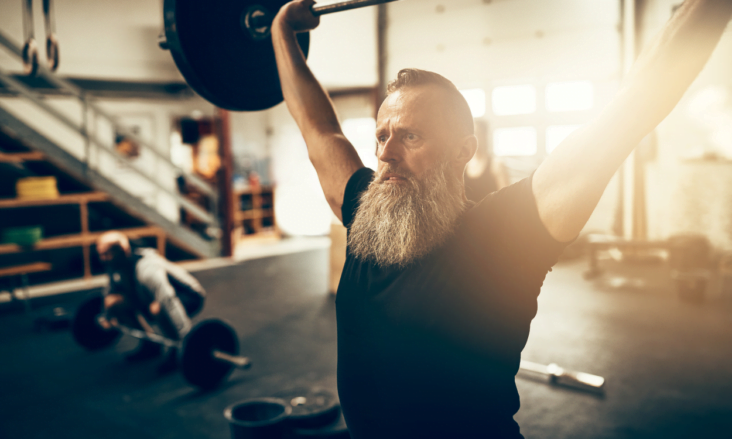The importance of starting a healthy lifestyle in the 50s or older; elders still can achieve goals if they follow our tips and guidelines
Consider several things before starting a healthy lifestyle for older adults. Some of these include:
- Consult a healthcare professional: Before starting any new exercise or diet program, it is important to consult with a healthcare professional to ensure that it is safe for you to do so. They can also provide personalized advice and help develop an exercise and nutrition plan that is right for you.
- Assess current health: Assessing your current health can help identify any potential risks or limitations that may need to be taken into consideration when starting a new exercise program.
- Consider mobility: As we age, mobility can become an issue. Consider low-impact exercises that are easy on the joints, such as swimming, cycling, or water aerobics.
- Medications: Some medications can affect your exercise routine, and some may interact with each other. Consult with your doctor about what medications you’re taking and how they might affect your exercise routine.
- Safety: Safety should be a top priority when starting a new exercise program. Make sure the environment is safe, and that you have proper equipment and supervision.
- Social support: Having a support system can be very helpful in starting and maintaining a healthy lifestyle. Consider joining a senior-specific exercise class or walking group.
- Age-specific considerations: As we age, our bodies may respond differently to exercise, and certain exercises may be more beneficial than others. It’s important to choose exercises that are appropriate for your age and fitness level.
- Be consistent: Starting a healthy lifestyle requires consistency and dedication. It’s important to set realistic goals and stick to them in order to see results.
- Starting a healthy lifestyle and incorporating regular exercise can be especially beneficial for seniors. Here are a few tips to help older adults get started:
- Consult a doctor: Before starting any new exercise routine, it is important to consult with a healthcare professional to ensure that it is safe for you to do so.
- Start slow: Begin with low-impact activities, such as walking or swimming, and gradually increase the intensity and duration of your workouts as your fitness level improves.
- Focus on balance: As we age, our balance can deteriorate, making us more prone to falls. Incorporate balance exercises, such as tai chi or yoga, into your routine to help improve stability.
- Stay flexible: Stretching is important to maintain range of motion and flexibility. Consider taking a yoga or stretching class specifically designed for seniors.
- Stay social: Exercise can also be a great way to stay social and meet new people. Join a senior-specific exercise class or walking group.
- Mix it up: vary your routine, to avoid boredom and keep your body guessing. This can also help reduce the risk of injury.
- Listen to your body: Pay attention to how your body feels during and after exercising. If something hurts or doesn’t feel right, stop and talk to your doctor.
Don’t forget the diet: Regular exercise should be combined with a healthy diet to achieve the best results.
Starting a healthy lifestyle and regular exercise routine can help seniors improve their overall health and quality of life. But it’s important to consult with a healthcare professional before starting any new exercise program.

